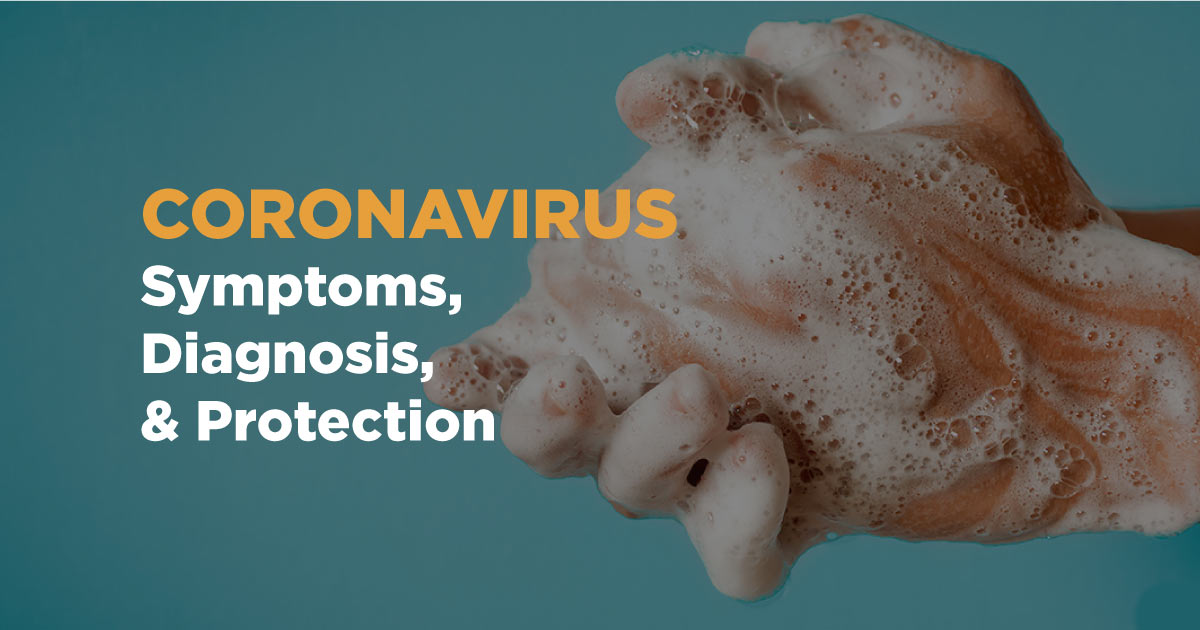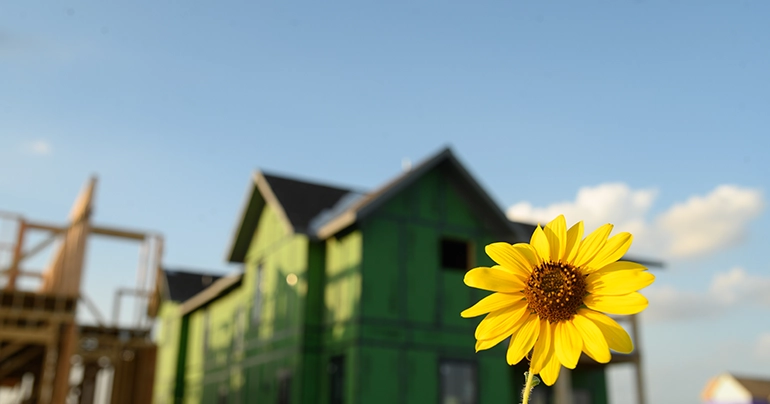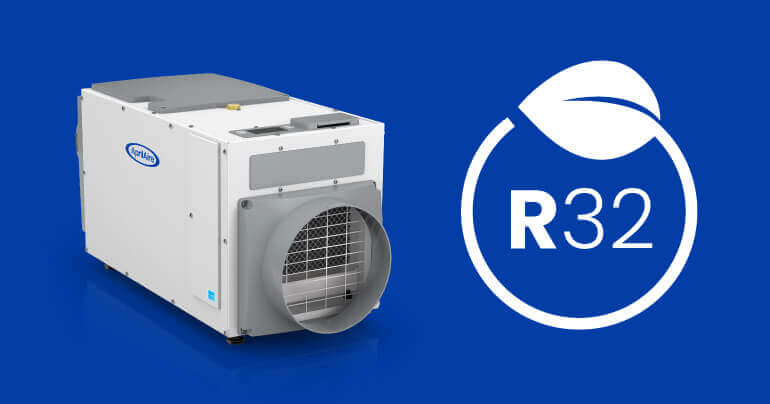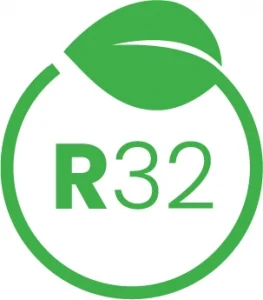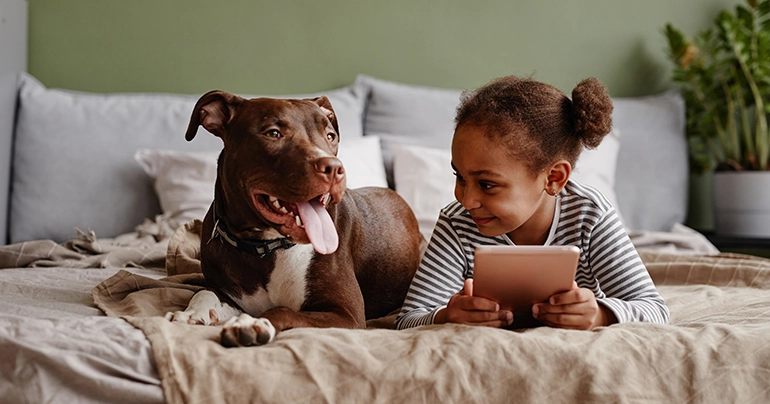UPDATE: We’ve recently added a brand-new flyer for contractors to use with customers that provides an overview of the preventative measures covered below, as well as solutions they can provide to help create healthy air in the home. Check it out HERE, or order it from the AprilAire Partner Toolbox.
Coronavirus or COVID-19 is a part of a large family of viruses that cause illnesses ranging from the common cold to MERS and SARS.
According to the Centers for Disease Control and Prevention (CDC), the symptoms of COVID-19 are fever, cough, shortness of breath, and breathing difficulties. Health organizations around the world are still investigating this disease, but the common thought is that the disease is spread through close contact with others.
How Coronavirus spreads
The disease is thought to spread from person-to-person contact. Touching surfaces that have been used by those with the disease is not considered to be the main way the virus spreads. The best known preventive action is to not be in contact with someone who has the disease, although people can still spread the disease even when they are not showing symptoms.
Due to the social aspect of your job as a contractor, you can take extra steps to help protect yourself and others from COVID-19.
If you are feeling ill, do everything you can to avoid being in close contact with other people or wear a mask to help protect others.
There is currently not a known vaccine for COVID-19, but there are several everyday preventative actions you can take to avoid the spread of disease and to avoid contaminating yourself.
Listed below are several steps offered by the World Health Organization to protect yourself and others from the coronavirus.
Protect yourself
Follow the 6 tips below from the WHO to protect yourself from COVID-19.
- Maintain a distance of at least three feet between people
- Avoid touching your face.
- Use a flexed elbow or tissue when coughing or sneezing. Dispose of tissue in the trash afterward.
- Wash your hands often with soap and water for at least 20 seconds; especially after going to the bathroom, eating, blowing your nose, sneezing, or coughing.
- If a handwashing station isn’t readily available use an alcohol-based sanitizer with at least 60% alcohol.
- Clean and disinfect frequently touched objects and surfaces by using a household cleaning spray or wipe.
Here are a few other ideas to help protect you and your coworkers as you go from job to job in your area.
It may be difficult to be near a handwashing station so you should start carrying a bottle of hand sanitizer with you on the job, wearing gloves, not shaking hands and maintaining a distance of at least six feet when you’re communicating with people.
Instead of handing out physical copies of guides and sheets, you may want to look at sharing these assets digitally to help keep you and your clients healthy. Eliminating as much physical contact as possible is the best way to help protect yourself and others from his novel disease.
Stay up-to-date
To stay up-to-date on this disease, continue to monitor the CDC website and the WHO websites. These sites will have updated information on travel, what to do if you get the coronavirus and best practices for prevention.
You should also check with your company’s Human Resources department to see if they have any updated guidelines or procedures in dealing with the coronavirus especially if you plan on traveling out of the country.
Sources:
https://www.cdc.gov/
https://experience.arcgis.com/experience/685d0ace521648f8a5beeeee1b9125cd
https://openwho.org/courses/eprotect-acute-respiratory-infections
https://www.cdc.gov/coronavirus/2019-ncov/about/prevention-treatment.html
https://www.cdc.gov/coronavirus/2019-ncov/about/steps-when-sick.html
https://www.cdc.gov/coronavirus/2019-ncov/about/transmission.html
https://www.epa.gov/sites/production/files/2020-03/documents/sars-cov-2-list_03-03-2020.pdf

